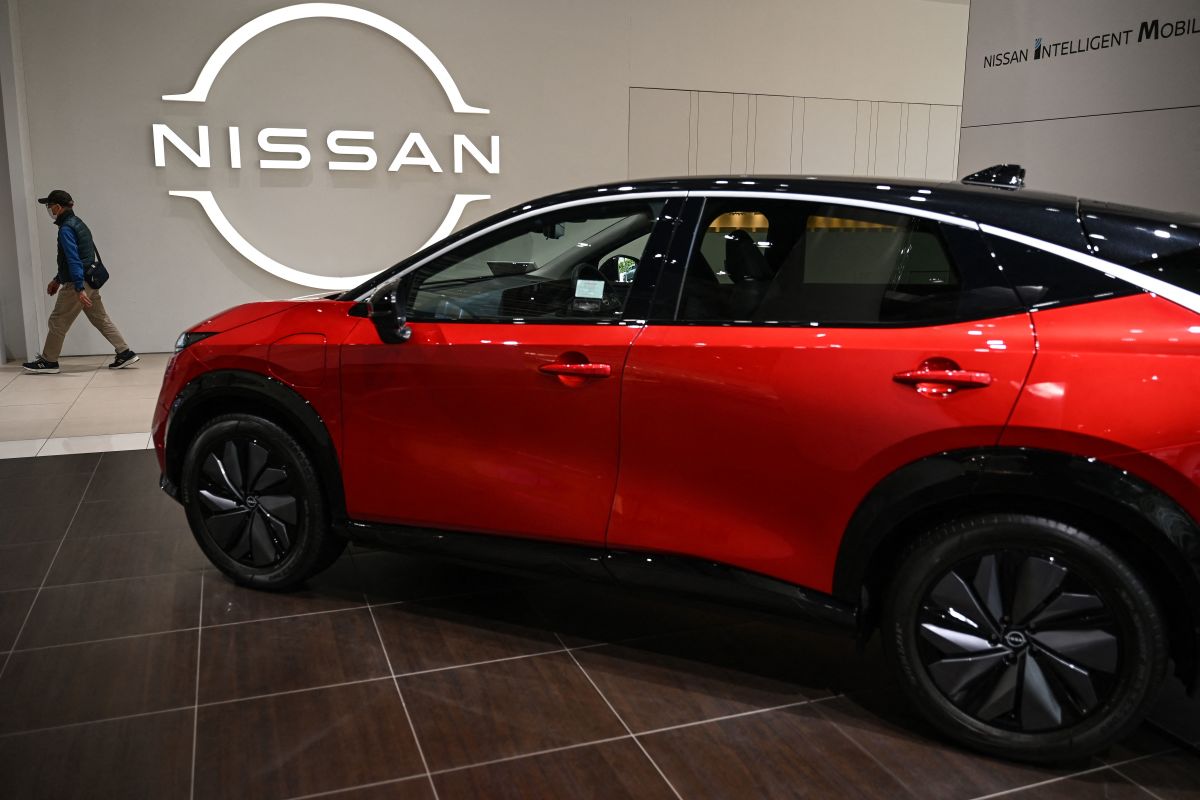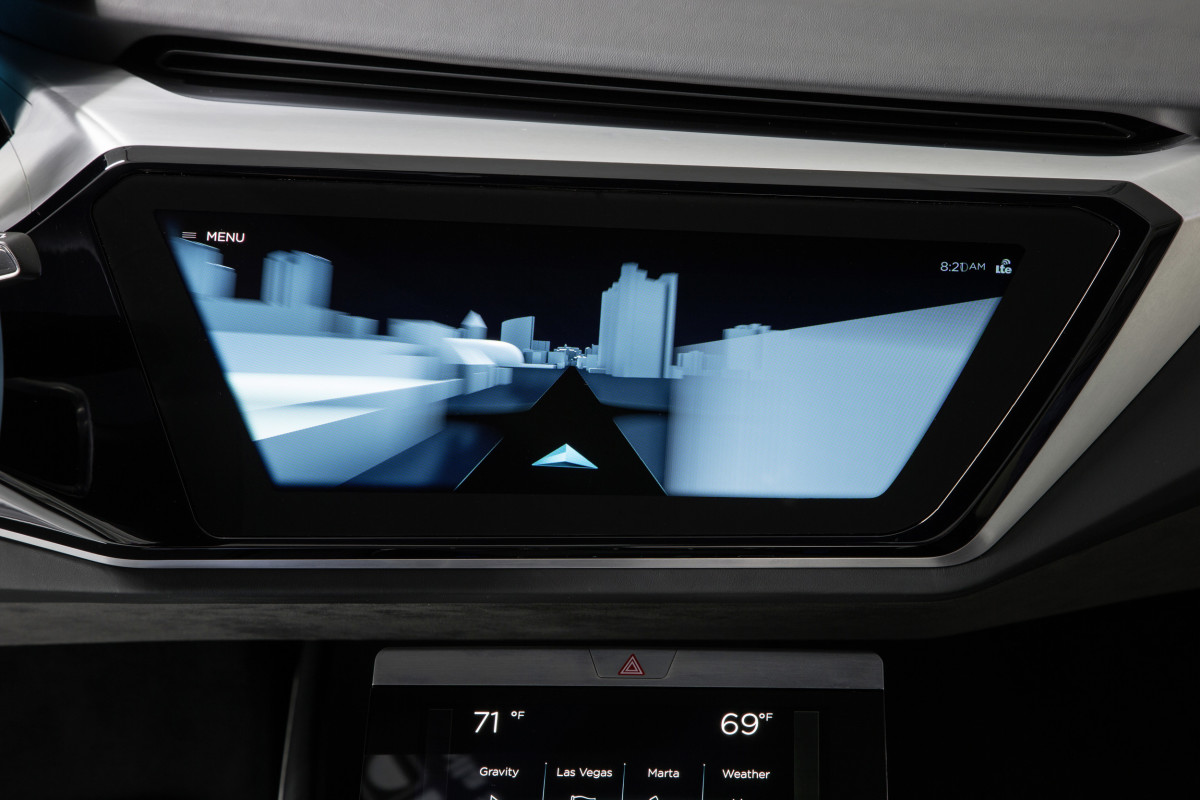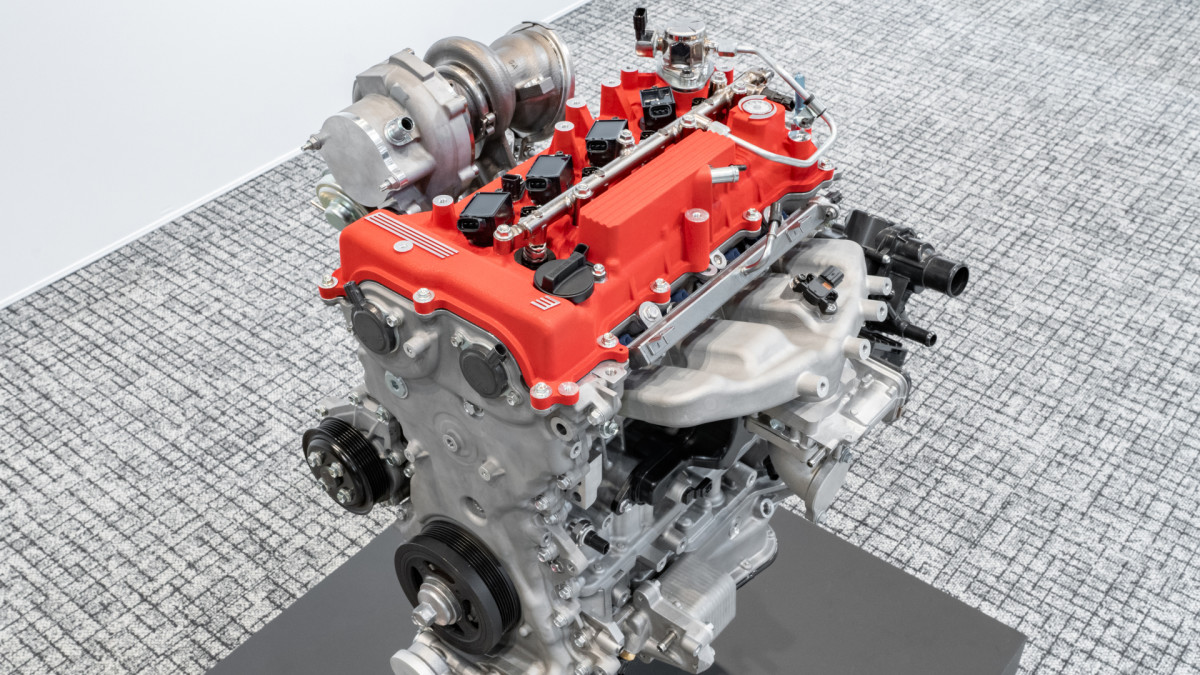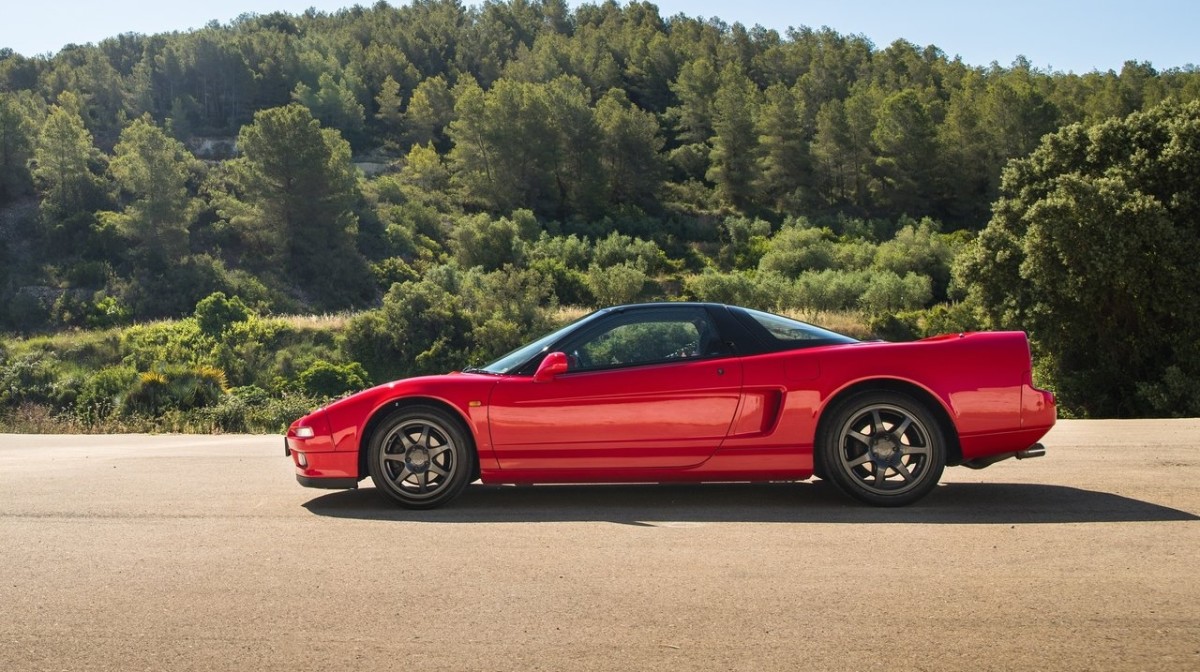Keeping combustion alive is in the best interest of brands that favor V12 and V8 engines
Electrification isn’t the only way forward for vehicles. One of the most popular alternatives, particularly among enthusiasts, is synthetic fuels. Synthetic fuels blend the charm and familiarity of internal combustion with, ideally, the environmental benefits of curbing gasoline use. While objectively not as clean running as a battery-powered vehicle, synthetic fuels have distinct practical advantages. Performance brands, particularly, are leading the charge, and Lamborghini is the latest automaker to show support.
Lamborghini Temerario Lamborghini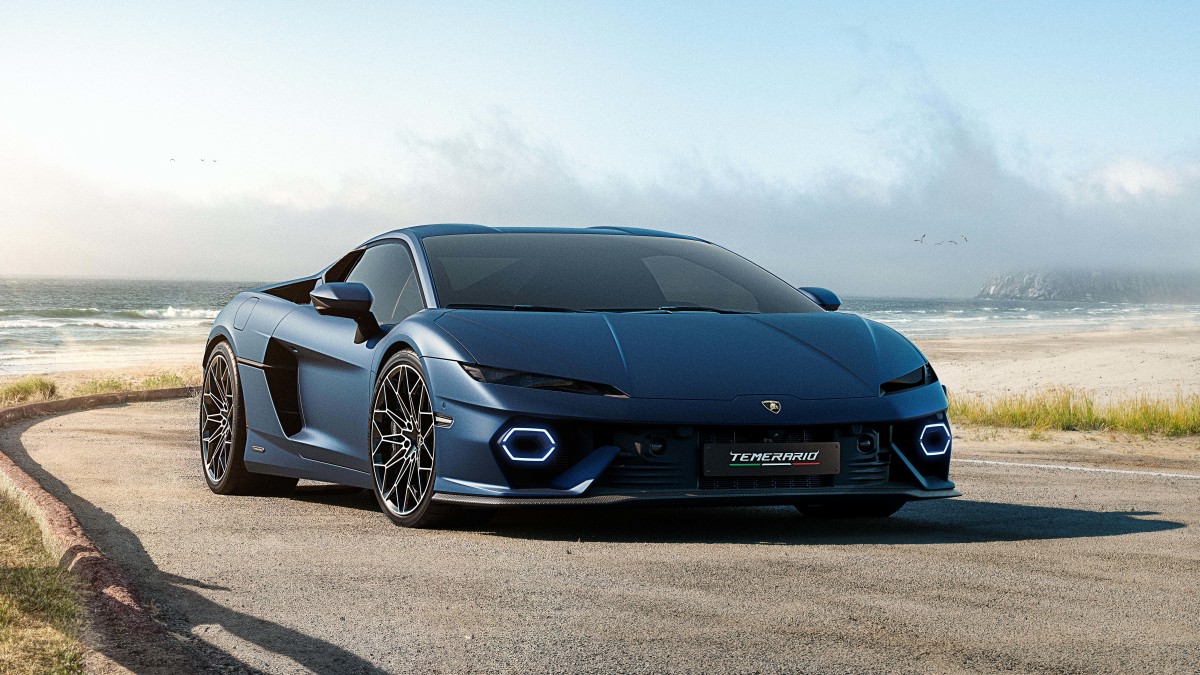
For performance brands with lots of heritage attached to their combustion motors, synthetic fuels are one way to retain what makes their cars special. Rouven Mohr, Chief Technical Officer at Lamborghini, seems to recognize that. In an interview with Australian outlet CarExpert, Mohr is more than optimistic. “I’m not saying that synthetic fuel is better than fossil fuel,” he starts. “But it could be the savior of the combustion engine.” Speaking specifically of the V8 powering the newest hybrid Lamborghini, the Temerario, Mohr explains what makes the combustion engine nigh irreplaceable. “It starts with the sound, but it’s not only about that – it’s also about the vibration that we feel, the shifting perception, how the car is rotating in the corner.”
Lamborghini is far from the first brand to endorse synthetic fuels, and with good reason
Mohr waxed poetic about the V8 powering the Lamborghini Temerario. “If you ask me the emotion side at the moment, like I said before, I don’t see the [electric] solution that is convincing now,” he said to CarExpert. It’s hard to disagree; the soundtrack and response of a combustion engine is still something EVs can’t replicate. Of course, there are more practical benefits, too. For one, it gives a road forward for the literally billions of gas-powered vehicles already on the planet’s roads. Carbon-neutral synthetic fuels, sometimes referred to as biofuels or e-fuels, also provide a way for automakers to sell combustion-powered models in the EU past 2035, the current goalpost banning emission-producing vehicles.
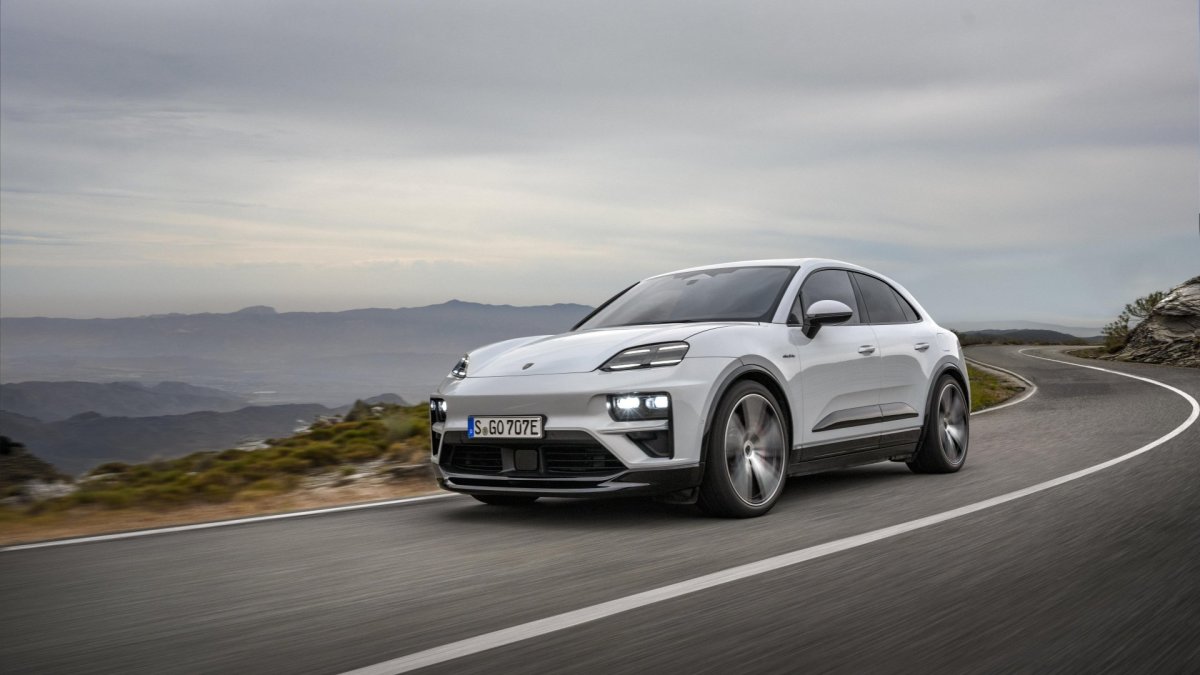
Porsche
There’s extra oomph behind the CTO’s words when you consider other brands under the VW Group’s ownership, like Porsche, have already been hard at work developing synthetic fuel options. Synthetic fuel is also being handled as a serious option outside the immediate VW family. Toyota, Mazda, and Subaru have all invested in the synthetic fuel game, most recently when they committed to working with synthetic fuel developer ENEOS to showcase synthetic-friendly engines at Expo 2025 Osaka. Another proponent is Formula 1, for fairly obvious reasons. Arguably, the largest impact synthetic fuel might have is in shipping and aviation applications, which, despite being the largest sources of emissions, won’t be going electric anytime in the near (or even distant) future.
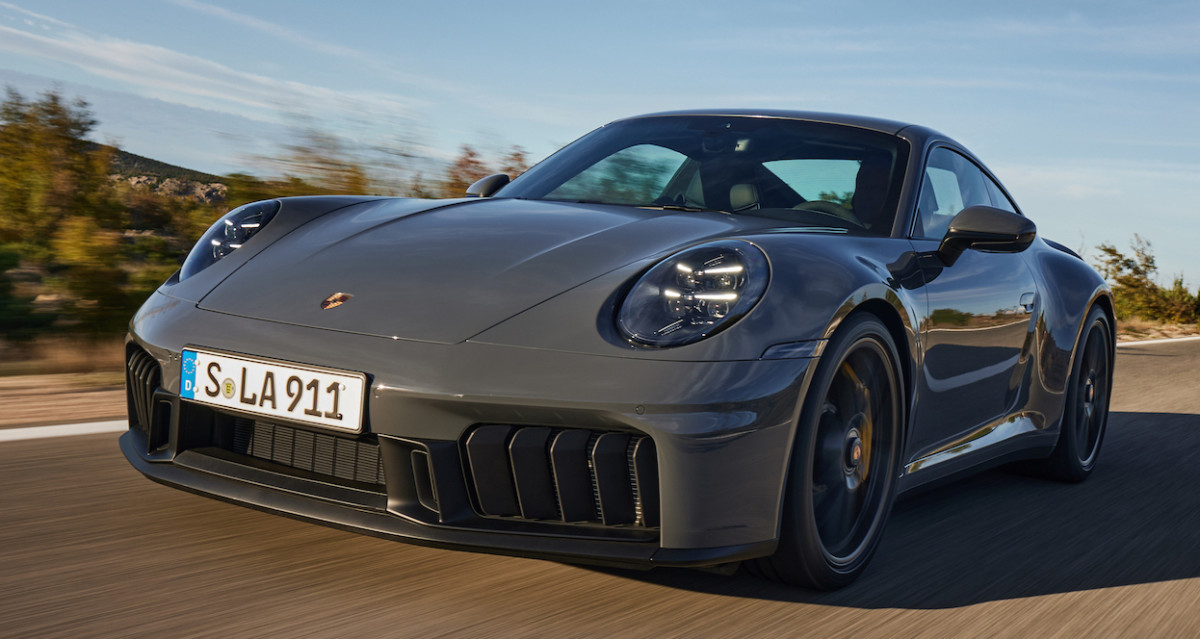
Final thoughts
Despite automakers predominantly focusing on electrification, synthetic fuel has enjoyed a steady burn in the background. Expect more and more automakers to start looking to cleaner-burning fuel in the second half of the decade. While battery power is objectively more efficient from a cost and energy perspective, it won’t solve everything. Synthetic fuel is almost the only answer to the looming question of what to do with all of the gas cars we already have, but we’re hopeful for a future of combustion-powered V8s and V12s, too.

